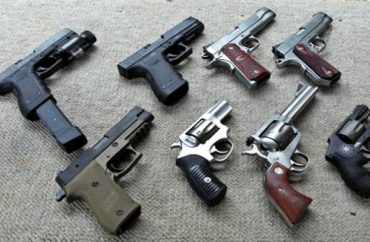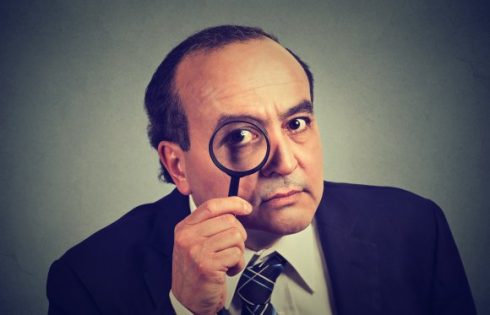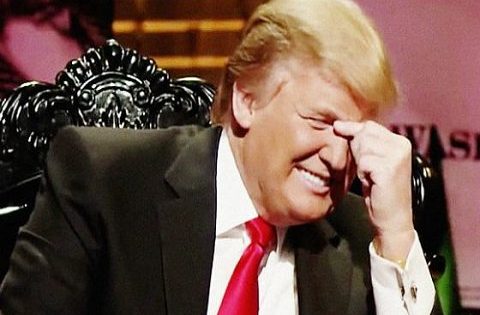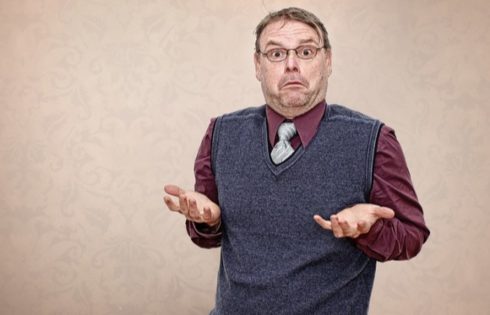
A professor of anthropology from Dartmouth College claims the mere presence of a gun, especially if one makes physical contact with it, can transform a good person into a bad one.
Chelsey Kivland, who studies “street politics, insecurity, and social performance in contemporary urban Haiti,” makes use of an anecdote from that country in the Pacific Standard to establish a larger point about firearms: Three individuals who had owned a certain Smith & Wesson .38 Special all ended up being shot and killed … and not by that particular gun.
Community members attributed the deaths to “maji” — magic — which in Haiti means “an unethical use of spiritual power.”
“To many,” Kivland writes, “the men died because the occult forces they had been using for unethical gain had ultimately turned against them—opening them up to conflict and failing to protect them.”
Lest you guffaw at the notion that, yes, magic is behind all of this, well, then you’re racist:
“It would be shortsighted to dismiss these claims as the misguided logic of a ‘superstitious people,'” Kivland says. “That racially inflected trope, long used to marginalize and demonize Haitians, among others, blinds observers to the way in which guns do exhibit a power akin to magic: the power to create a change in someone’s state of mind.”
Taking seriously the supernatural effects of guns has broad relevance for understanding and addressing gun violence globally. In the U.S., gun advocates tend to view the gun as a value-neutral tool. As they say: “Guns don’t kill people. People kill people.” On the other side are gun control advocates who argue that guns do indeed kill people: Without their lethal power easily at hand, as in other countries, far fewer deaths occur. But the anthropological lesson from Haiti is that the truth is more complex. It isn’t just the technological lethality of guns that makes them dangerous: They also exert a power on human agency. They change us. It is both the technology and the symbolism of a gun that can encourage someone to shoot. …
A gun is not just an inanimate object that can be separated from its user’s intentions. A gun held by a person is a human-technology composite that transforms what both can do in the world. As the philosopher and anthropologist Bruno Latour has argued: “You are another subject because you hold the gun; the gun is another object because it has entered into a relationship with you. … A bad guy becomes a worse guy; a silent gun becomes a fired gun.” The crux of this view is that people are needed to activate technology, and technology is necessary to activate and augment human capacities.
Kivland says the AR-15 is the type of weapon “that has this power” because it is symbolized as “America’s rifle” — it is used by video game enthusiasts, for example, and “is an icon of [other] popular entertainment and national defense.”
MORE: Dear higher education: You need to mellow out about guns
MORE: College Women and Gender Studies chief urges Obama to ban guns
IMAGE: Joshua Shearn / Wikimedia Commons
Like The College Fix on Facebook / Follow us on Twitter






Please join the conversation about our stories on Facebook, Twitter, Instagram, Reddit, MeWe, Rumble, Gab, Minds and Gettr.